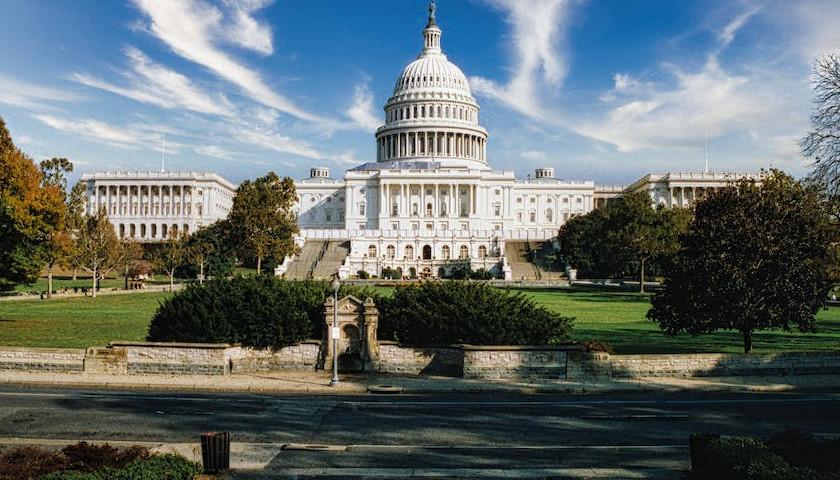Wading into the confusing abyss of administrative law, on June 28 the U.S. Supreme Court, by a 6-3 vote, overruled the much-criticized 1984 decision in Chevron, restoring the bedrock principle — commanded by both Article III of the Constitution and Section 706 the 1946 Administrative Procedure Act — that it is the province of courts, not administrative agency bureaucrats, to interpret federal laws. This may sound like an easy ruling, but the issue had long bedeviled the Supreme Court. Even Justice Antonin Scalia, an administrative law expert, supported Chevron prior to his death in 2016. In Loper Bright Enterprises v. Raimondo, Chief Justice John Roberts sure-footedly dispatched Chevron.
If, as I wrote for The American Conservative in 2021, “Taming the administrative state is the issue of our time,” why did the Supreme Court unanimously (albeit with a bare six-member quorum) decide in Chevron to defer to administrative agencies interpretations of ambiguous statutes, and why did conservatives — at least initially — support the decision? In a word, politics. In 1984, the President in charge of the executive branch was Ronald Reagan, and the D.C. Circuit — where most administrative law cases are decided — was (and had been for decades) controlled by liberal activist judges. President Reagan’s deputy solicitor general, Paul Bator, argued the Chevron case, successfully urging the Court to overturn a D.C. Circuit decision (written by then-Judge Ruth Bader Ginsburg) that had invalidated EPA regulations interpreting the Clean Air Act. Thus, in the beginning, “Chevron deference” meant deferring to Reagan’s agency heads and their de-regulatory agenda.
Read More
